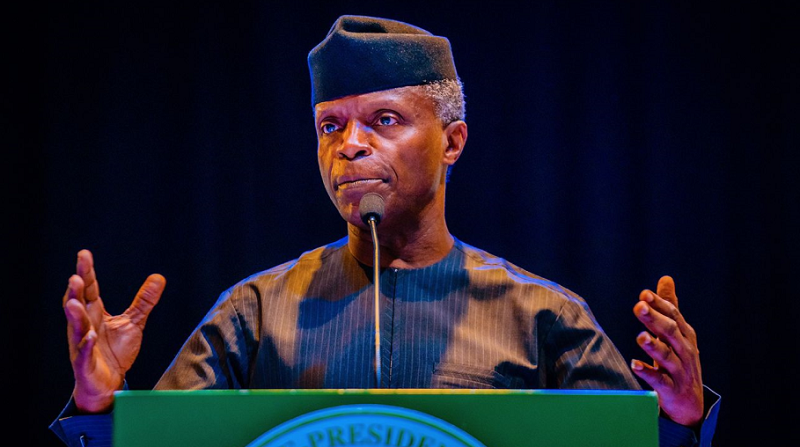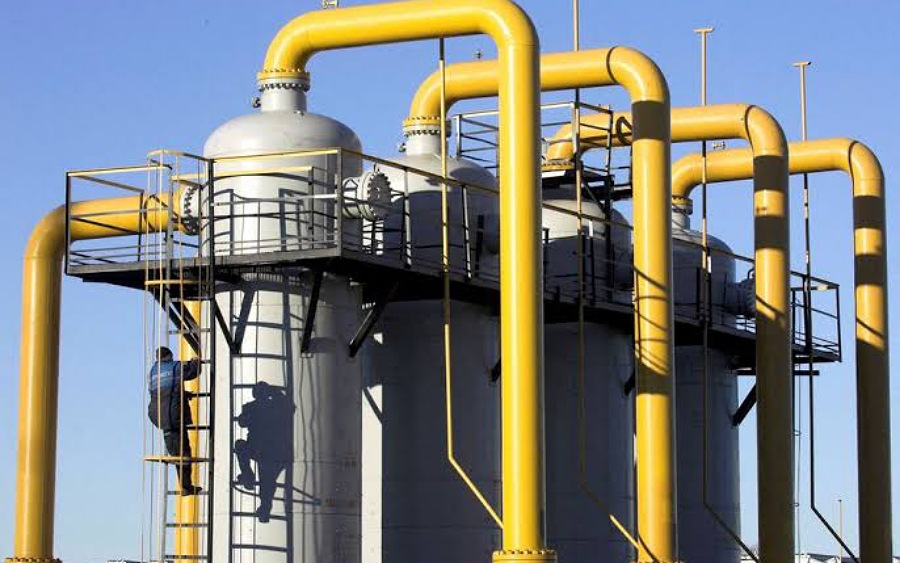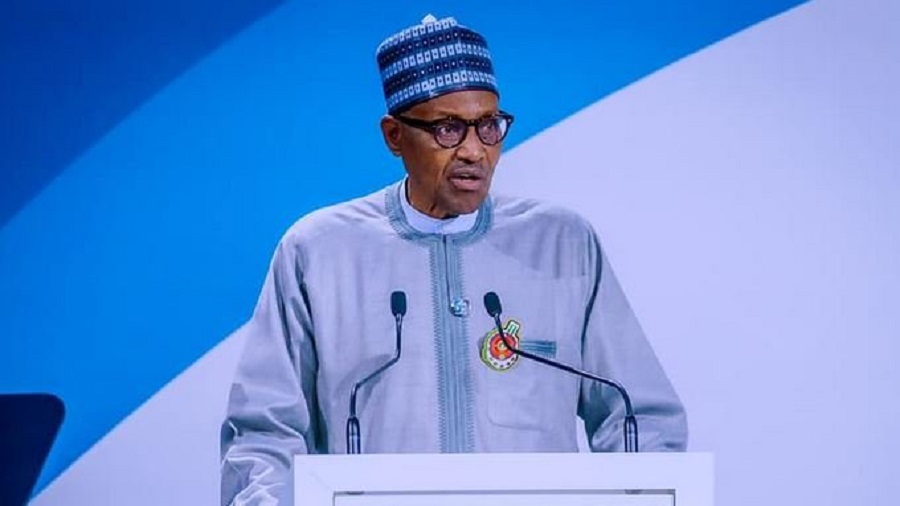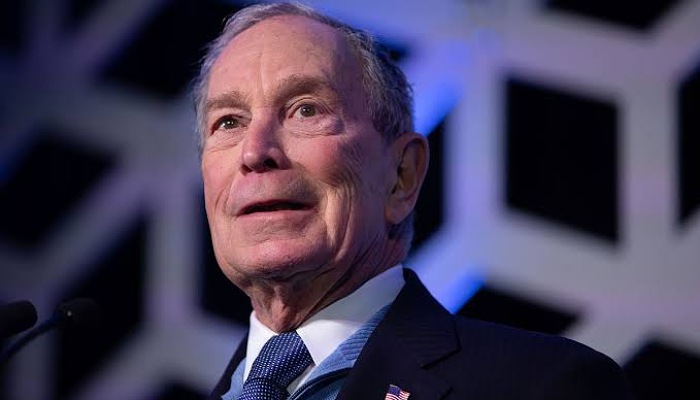Nigeria’s Vice President, Yemi Osinbajo announced the proposal of a Debt-For-Climate (DFC) Swap deal in order to ensure a just energy transition for African countries.
This was disclosed in a statement on Friday by his Senior Special Assistant, Laolu Akande, after the vice president delivered a lecture on Thursday explaining the DFC concept on a just and equitable energy transition for Africa at the Center for Global Development in Washington D.C, U.S.
Osinbajo is in Washington, U.S. to seek global partnerships and support for Nigeria’s recently inaugurated Energy Transition Plan (ETP).
What Osinbajo is saying
The Vice President stated that debt for climate swap is a type of debt swap where bilateral or multilateral debt is forgiven by creditors in exchange for a commitment by the debtor to use the outstanding debt service payments for national climate action programmes.
“Typically, the creditor country or institution agrees to forgive part of a debt, if the debtor country would pay the avoided debt service payment in a local currency into an escrow or any other transparent fund and the funds must then be used for agreed climate projects in the debtor country.
“Increase the fiscal space for climate-related investments and reduce the debt burden for participating developing countries.
“For the creditor, the swap can be made to count as a component of their Nationally Determined Contributions (NDC),” Osinbajo said.
The Vice President noted that there are significant policy actions necessary to make the deal acceptable and sustainable, proposing the greater participation of African countries in the Global Carbon Market while exploring financing options for energy transition.
He urged for a comprehensive approach to working jointly towards common goals, including the market and environmental opportunities presented by the financing of clean energy assets in growing energy markets.
“In addition to conventional capital flows both from public and private sources, it is also essential that Africa can participate more fully in the global carbon finance market.
“Currently, direct carbon pricing systems through carbon taxes have largely been concentrated in high and middle-income countries.
“However, carbon markets can play a significant role in catalysing sustainable energy deployment by directing private capital into climate action, improving global energy security, providing diversified incentive structures, especially in developing countries, and providing an impetus for clean energy markets when the price economics looks less compelling – as is the case today,” he added.
What you should know
- The public launch of the Nigeria Energy Transition Plan showcased Nigeria’s pathway to achieving net-zero emissions by 2060, and their leadership role in enabling a just and equitable climate future for Africa, with the ultimate objective of mobilizing the finance required to jumpstart implementation of the Plan.
- It highlights Nigeria’s commitment and ambition in achieving carbon neutrality while also ending energy poverty, which will lift 100 million people out of poverty, drive economic growth, and bring modern energy services to the entire population.
- Nairametrics reported last month that Nigeria’s Finance Minister, Zainab Ahmed revealed that Nigeria’s Energy Transition plan requires spending $1.9 trillion, up to 2060, including $410 billion above Business as usual
- The Minister added that that plan requires $10 billion till 2060 to deliver additional funding for implementing the energy transition plan.





















